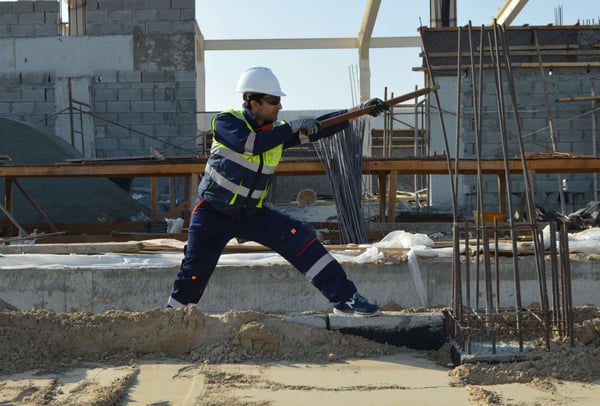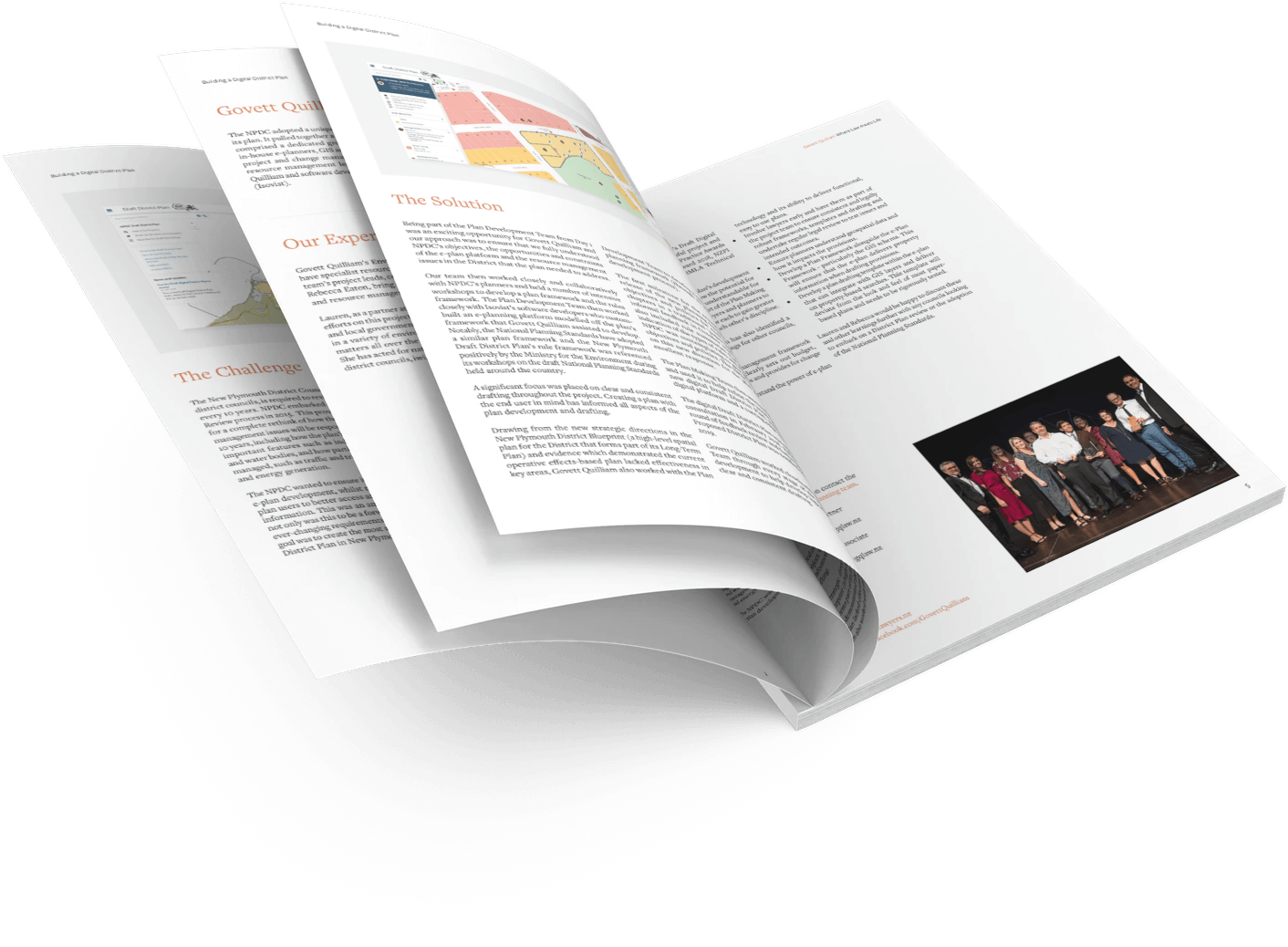
Rebuilding NZ’s construction industry post COVID-19 and flow on effects for the RMA
With New Zealand now two weeks into the COVID-19 Alert Level 4 lock down, a number of infrastructure and construction companies are facing the risk of insolvency. Under the Alert Level 4 rules, construction companies are only able to work on essential or critical infrastructure or carry out work required to address human health or safety risks.
However the construction sector will likely play an important role in kick-starting the recovery of the New Zealand economy once the various COVID-19 restrictions are lifted. The Government has in the last week announced two different initiatives to assist in the industry’s recovery.
On 1 April 2020 Economic Minister Phil Twyford and Infrastructure Minister Shane Jones announced that a group of industry leaders was being established to identify infrastructure projects that are or will shortly be “shovel ready” once the construction industry returns to normal. “Shovel ready” refers to projects where planning and engineering is advanced enough that with sufficient funding, construction can begin within a very short time.
The Infrastructure Industry Reference Group is headed by Crown Infrastructure Partners chairman Mark Binns and it will put forward projects from both the public and private sector that are “shovel ready” or likely to be ready to commence construction within six months. The Government will then determine which projects could be funded, contracted and ready to go as soon as the construction workforce is able to return to work. The intention of these schemes is to create a ‘pipeline of projects’ which can commence immediately upon the lifting of restrictions, facilitating continued employment and providing certainty to investors and developers.
The Reference Group is seeking out larger projects, namely those with a value of over $10 million which will have an immediate stimulatory effect on the construction industry and the wider economy. However, the Government has indicated that smaller projects will be considered if they demonstrate a direct and immediate benefit to regional economies and communities in which they are based. The types of projects the Government would consider funding include water, transport, clean energy, and buildings. Further information regarding the criteria can be found on the Crown Infrastructure website.
Importantly, these new projects will be in addition to and build on the New Zealand Upgrade Programme and existing Provincial Growth Fund infrastructure investments. The Provincial Development Unit will continue to work with local councils to identify regional roading projects to provide regional employment and boost local economies.
In addition, on 1 April 2020, Environment Minister David Parker stated that he had directed his officials to develop options around how resource consent processes for certain infrastructure and development projects can be fast-tracked once the country is in the recovery phase of COVID-19.
Minister Parker noted “The Resource Management Act is the primary legislation that manages our built and natural environment, but in these extraordinary times we do not want the standard RMA consenting processes to constrain the pace of recovery.”
The Government has indicated that decisions regarding the fast tracking of consent processes should be made by the end of the lockdown period, including how the fast-tracking will be enabled and which projects will be considered.
Debate regarding the Resource Management Act and its processes is certainly not a new phenomenon. However in light of the current pandemic, there have been calls for large-scale amendments to the RMA to reduce the ‘red tape’ required to process and secure resource consent for infrastructure and development. While changes to the RMA will no doubt be welcomed by the construction industry, many are also urging decision-makers to seize this once-in-a-generation opportunity to ensure post-Covid-19 "shovel-ready" projects prioritise the reduction of New Zealand's carbon impact and result in more sustainable and resilient infrastructure.
If you have any questions or wish to discuss the above, please contact our Environmental and Planning specialists Lauren Wallace or Rebecca Eaton.






.png)

